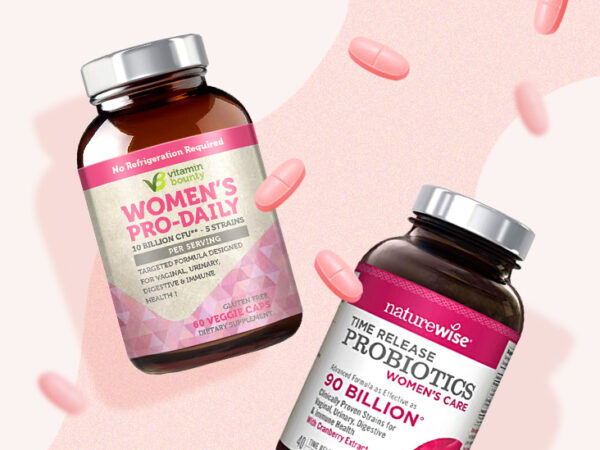
What vitamins work well with probiotics?
May 7, 2021When we balance seeing loved ones with pandemic throughout the world, it is a higher priority than at other times to stay healthy and raise our immune system. Remember that vegetables are very good and organic products are something difficult to track; Here and there, your body needs more. We must discuss vitamins, supplements, and probiotics so you can go to cheerful and healthy summer.
Vitamin
Vitamins are important supplements that the body cannot produce enough alone. They help create bones, muscles, and skin, as strong as our immune system and change food into energy. Most can make their every vitamin from a consistent consistent eating regimen in thick nutritional supplements. For non-individuals – including women who try to get pregnant, women who breastfeed, and individuals maturity 50+ – taking additional vitamins can show profitably. However, people cannot provide a lot of vitamins, so they have to get it remotely. Utilizing vitamin-producing microorganisms can be a natural and interesting answer to using pseudo-vitamins made artificially. It can consider the creation of nutrients with a more significant level of vitamins that can reduce unwanted results.
“The only way to find out if you really need vitamins is through blood testing,” Condello said. “After the blood test is done, we can identify deficiencies and patients directly towards the vitamins they need.”
Kind of vitamins that work well with probiotics
Vitamin A.
Vitamin C.
Vitamin D.
Vitamin E.
Vitamin B1.
Vitamin B2.
Vitamin B5.
Vitamin B6.
Vitamin B12.
There are two classes of vitamins – vitamins that dissolve water and fat solvent vitamins.
Water-soluble vitamins are not stored in the body. Instead, each base layer leaves the body through your urine. Examples of water-soluble vitamins combine vitamin C and all B vitamins, and they must be eaten routinely to prevent any deficiencies in your body.
Fat-soluble vitamins are consumed more effectively by the body and can be removed for significant stretches. Vitamins A, D, E, and K are generally fat.
Probiotic
Probiotics are living microorganisms that work as healthy microscopic organisms in your intestine. Taking probiotics adds good microorganisms in your digestive system and can help flood terrible microbes. They are often mistaken because of prebiotics, which are sugar that helps support good microorganisms found usually in your intestine.
It’s equal to vitamins, probiotics can be accessed as an increase. Makers make a steep case about their superiority. They combine gastric welfare, strengthened immune system, weight reduction, and reduced danger of malignant growth.
Microbiomas Everyone – various microscopic organisms in their bodies – extraordinary and existed in fragile parity. So, probiotic supplements that encourage one individual may not help others.
Eat probiotic nourishment with prebiotic food sources. Prebiotics are food eaten microorganisms and what continues the microscopic organism that Long Haul. Oats, bananas, give, asparagus, and nuts are all prebiotics.
Individuals from Gut Microbiota can combine nutritional K, just as a more significant part of B vitamins soluble in water, for example, cobalamin, folai, pyridoxin, riboflavin, and thiamine.
For people who are worried about digestive health, including probiotics into your daily routine control the digestive system and overall immunity while maintaining the ideal microbioma balance. Multivitamins with probiotics are your final answers to your digestive system by big ingraining microorganisms in your Gastrointestinal (GI) channel.
Find the right probiotics
Likewise, it is important to discuss with your main care doctor with vitamins and supplements before taking probiotic containers. Speaking through your feeding routine with nutritionists or nutritionists will offer an important response to find out what is best for you.










